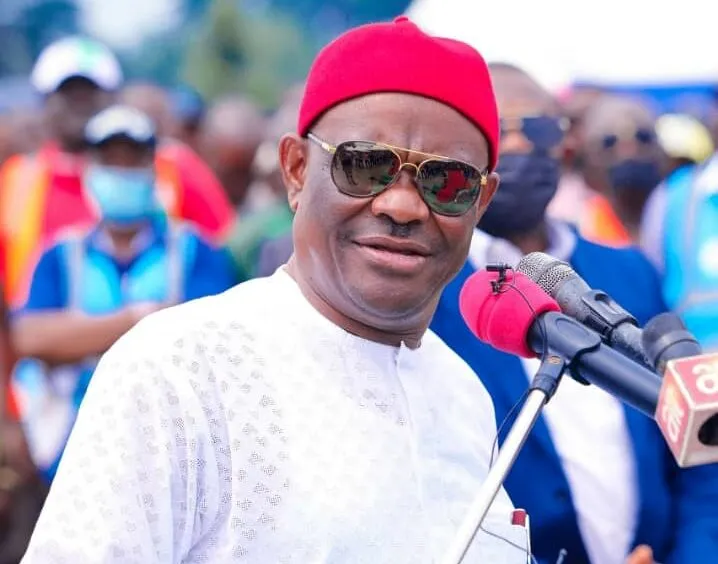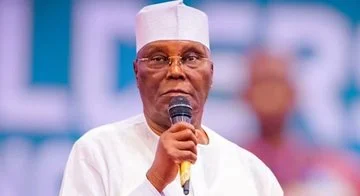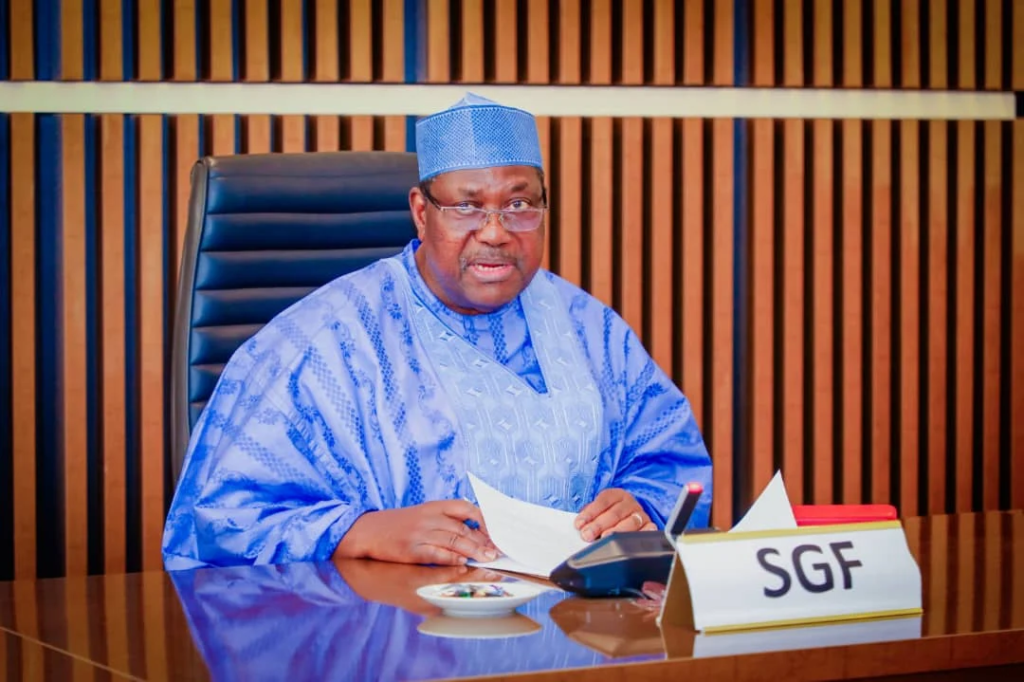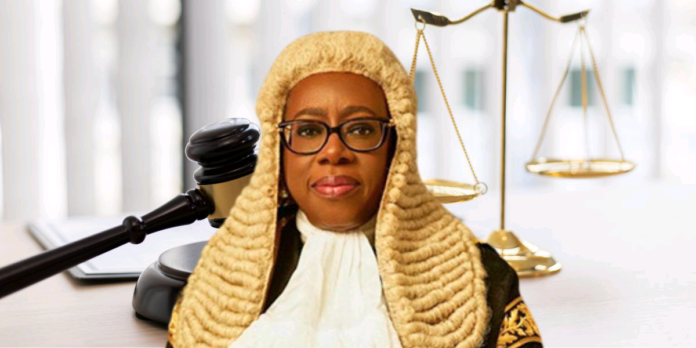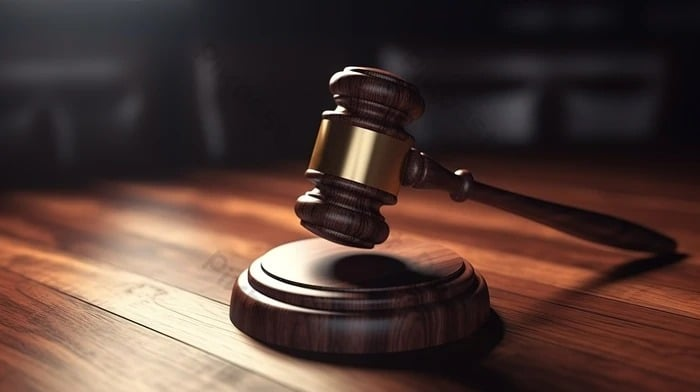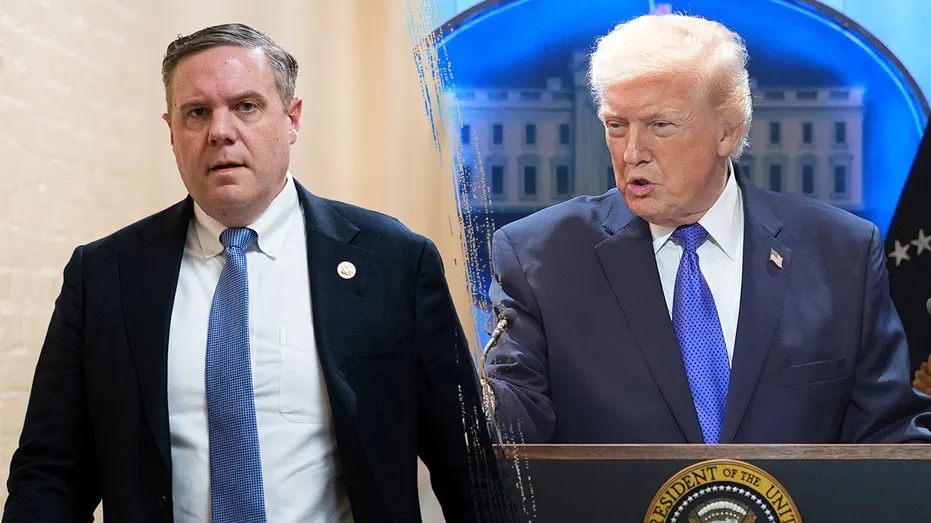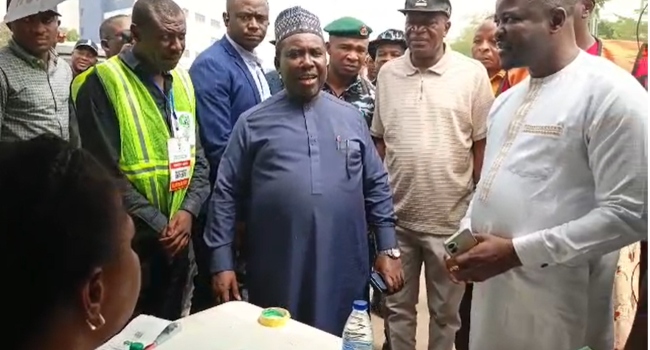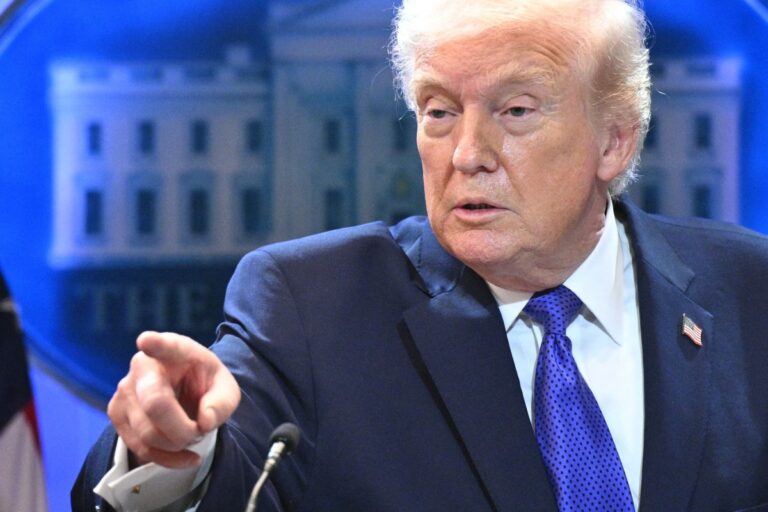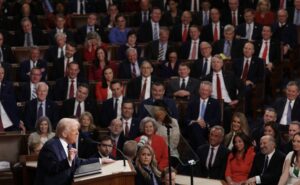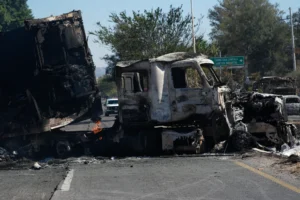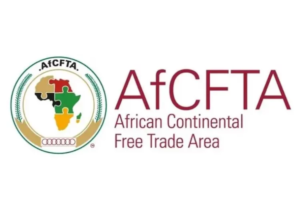West African leaders gathered on Sunday in Abuja to address the deepening crisis in the region, marked by military takeovers in Mali, Burkina Faso, Guinea, and Niger since 2020.
ECOWAS member states Sierra Leone and Guinea-Bissau also reported attempted coups recently.
With the Sahel facing jihadist conflicts and the French military withdrawing, concerns mount over potential conflict spreading south to Gulf of Guinea states. ECOWAS leaders, meeting in Nigeria’s capital, will discuss delayed transitions to civilian rule in affected countries.
“These military coups are not only based on fake narrative and false justifications; they are also a driver of insecurity in the region,” ECOWAS commission president Omar Touray said in a meeting before the summit.
Nigeria’s President Bola Ahmed Tinubu, current ECOWAS chair, and US Assistant Secretary of State for African Affairs Molly Phee will explore strategies to support Niger’s return to democracy and enhance Sahel security.
Niger — a key Western partner in the fight against Sahel militants — has demanded French troops based there leave, while the US still has military personnel in the country.
ECOWAS members have imposed tough economic sanctions on the military regime in Niger, whose troops ousted President Mohamed Bazoum in July.
Mediator
ECOWAS has demanded Bazoum’s immediate return to the presidency, but the military junta has kept him in detention and says it may need up to three years for a return to civilian rule.
Earlier this month, Nigeria said it was asking the Niger regime to free Bazoum and allow him to fly to a third country, as a step to opening talks on lifting sanctions.
But Niger’s military leaders rejected that option and have asked Togo’s President Faure Gnassingbe to act as a mediator.
Before Sunday’s ECOWAS meeting, Niger’s military leader General Abdourahamane Tiani visited Togo on Friday with some of his ministers.
ECOWAS has also left on the table the last option of a military intervention in Niger though analysts say that appears increasingly unlikely.
Transitions back to democracy and elections have also been stalled or left uncertain in Mali, Burkina Faso and Guinea.
After French troops began leaving the region, military regimes in Niger, Mali and Burkina, struggling with jihadist violence, hardened their positions and joined forces in an Alliance of Sahel States.
Last month, armed attackers stormed military posts, prisons and police stations in another ECOWAS member Sierra Leone, in what the government called a coup attempt that killed 21 people.
A week later Guinea-Bissau also denounced an attempted coup, with fighting between the national guard and special forces of the presidential guard.
Amidst these challenges, ECOWAS confronts the need for coordinated actions to restore stability and democratic governance in the region.
Ada Peter














